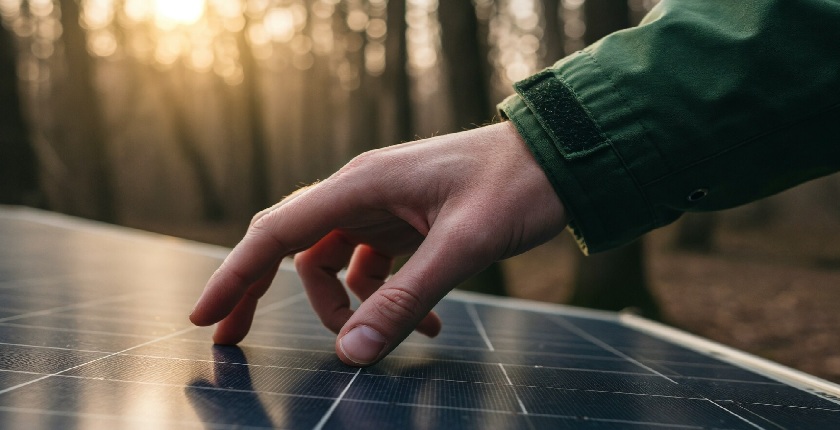Two recycling facilities for solar panels are complete in Greece, while another one is expected to follow soon.
The business case behind the investments in recycling is solid, as more and more older solar farms will reach the end of their operational life, which is 20-25 years. European and national laws stipulate that such equipment must be recycled to reduce pollution and reuse critical minerals as much as possible.
However, owners who prefer to replace their equipment even before the end date is reached are also interested in recycling. The reason is the much higher efficiency of modern photovoltaics.
The factor is gaining in importance as solar panel prices have dropped, while curtailments have been on the rise for two years.
Fotokiklosi is currently the only active licensed company in the sector. It exports photovoltaic waste to Italy for recycling and also specializes in appliances, bulbs and electronics.
However, new opportunities emerge, as other companies have invested in the country’s first recycling facilities. They are situated in Ritsona in Central Greece, in the island of Crete and in Kozani in the Western Macedonia province in northern Greece. The first two are already operational, while the third one is almost complete.
Massive drop in prices
Competition seems to be heating up. According to energypress.gr, Fotokiklosi was charging EUR 300 per ton of photovoltaic waste six years ago, EUR 150 per ton in 2023-2024, and after that only EUR 90 per ton.
It should be noted that the process begins with the payment of a fee from the retailer or importer of panels to the recycling system operator. The recycling company collects the money and pledges to handle the waste after the panels’ operational life has ended.
Fotokiklosi is currently awaiting a new license from the Hellenic Recycling Agency (HRA or EOAN), based a suggested price of EUR 90 per ton.
With the new plants in Greece, old panels will no longer have to be transferred to Italy for recycling. The lower overall cost makes the choice easier for Greek solar farm owners.
